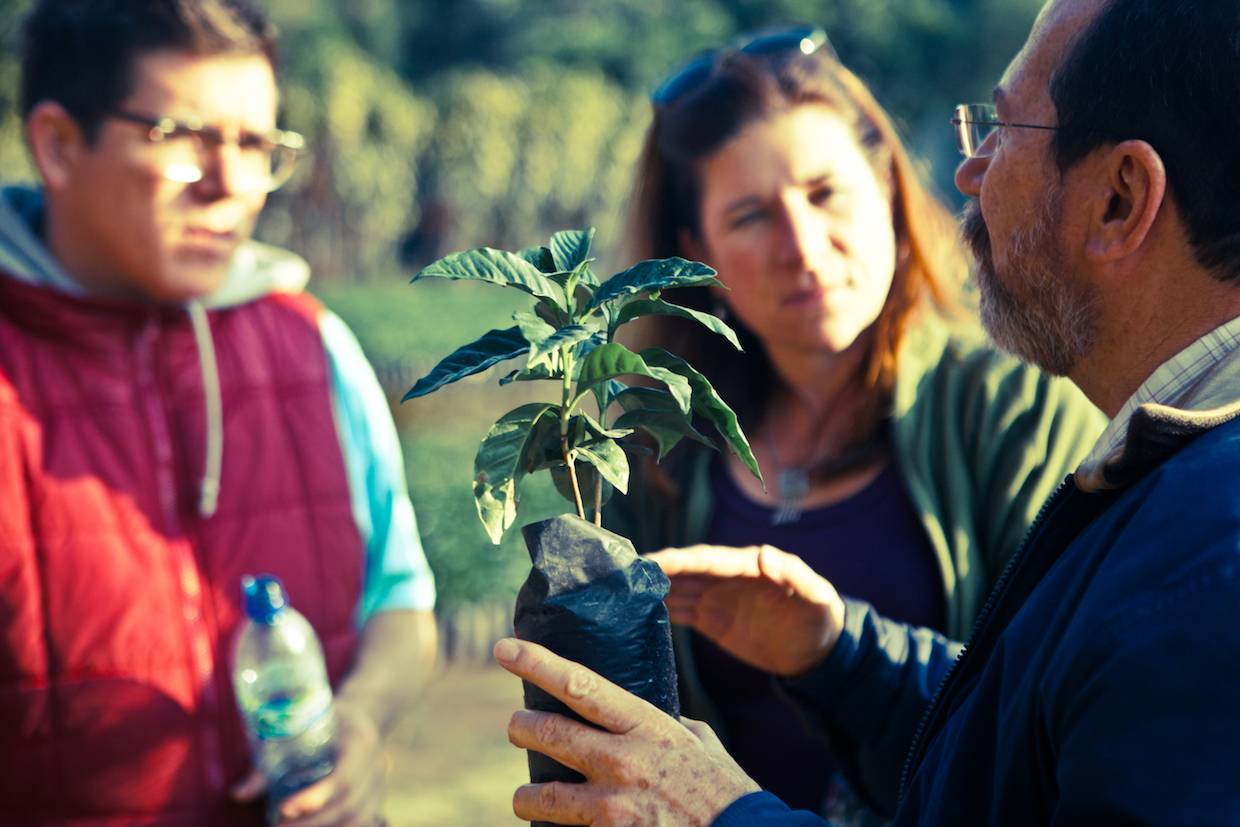
Chuck Jones and Lindsey Bolger learning about coffee nursery techniques that help combat nematodes. Photo: Ben James, Empty Space Studios.
While the coffee community is facing numerous critical issues, it can take some comfort in knowing that these challenges are at the forefront of the collective specialty coffee consciousness while becoming part of the dialogue in a variety of settings, as we at Daily Coffee News observed in our People in Coffee series in 2018.
Many of our interview subjects noted great concern around the future of an industry that can’t adequately compensate players at each end of the supply chain. In addition to low C-Market prices, market instability is further exacerbated by climate change, rural to urban migration, and other challenges that contribute to the perception of a bleak future for the coffee trade.
There are many things to feel inspired by when it comes to coffee; but for the glass half empty view, here are some notable excerpts from answers to the question, “What troubles you most about coffee?”
Buckman Coffee Factory’s Cassy Gleason on How Shared Facilities Strengthen Communities
“The financial, social and climate change challenges that coffee growers are facing and the lack of information (or concern) that most of us coffee drinkers have for what they are facing.”
Jones Coffee Roasters Founder on 25 Years of Success: ‘You Can’t Be Everything to Everyone’
“Probably the market commodity system. I don’t think anyone wants to talk about taking coffee off the exchange because it’s only going to hurt those that created the system and who benefit from it today, and those people have been privileged for a long time.”
Ildi Revi on the Landscape of Learning in Specialty Coffee
“The ‘C’ market, and also the fact that lots of importers and roasters pay way over C price, but that isn’t acknowledged. Also, finding ways to connect coffee producers into the specialty system to get them access to partners who will value their work in various ways.”
Roasting Guru Jen Apodaca on Competition, Representation and the Desire to Drive a Bus
“So much troubles me about coffee. First, there are too many people that are critical to the coffee supply chain living in poverty — from cherry pickers and smallholder farmers to production workers and baristas. There is too much financial insecurity. Second are people in coffee [who] have it all figured out or think that there is one way to roast or brew.”
Vava Angwenyi on Economic Empowerment and the Next Generation in Coffee
“Producer profitability and education. Next generation involvement and the need to educate youth to appreciate and understand coffee and the opportunities available to them if they decide to take that leap of faith and venture into careers within the sector. Visibility of women, especially strong black women at origin taking a stance on key issues. Sustainability that stems from those gaps for the industry, and climate change — but not in any particular ranking of importance. However, those are the most critical issues for me.”
On Espresso Vivace’s 30th Anniversary, David Schomer Talks Roast, Grind and Brew
“If I think about the future, I worry a little bit about climate change, because the trees take five years to produce and Ethiopia making some of the finest coffees in the world. Willem Boot told me it’s on a plane, and if it gets too warm they can’t go any higher. I haven’t verified that but I have a lot of respect for Willem Boot. He said if it warms up too much, Ethiopia’s out. So I guess I worry a little about arable lands and the ability to produce this wonderful coffee over time.”
Sara Morrocchi on the Impact of Market Consolidation in Specialty Coffee
“Prices. Simple as that. We fail coffee producers on a daily basis. Either by offering low prices, or by failing to share the same financial tools that importers and roasters use to keep their business afloat. The knowledge gap and the opportunity gap is an ocean.”
A Year After Charlottesville Chaos, Mudhouse Coffee Reflects: ‘They Didn’t Get Our Soul’
“The colonialism economy it was built on. If we don’t start paying these farmers and workers a substantial amount more, if we don’t continue to look for sustainability in all points on the value chain, if we don’t help educate our customers on the fragility and importance of these farmers and farm workers, sustainable coffee will be a thing of the past. And only the super wealthy will afford the super specialty coffees. We need to bridge this divide.”
Undercurrent Coffee’s Diana Mnatsakanyan-Sapp Making Waves in Charlotte, NC
“That many people, particularly those who have a lot of privilege and ability to affect the industry on a wide scale, don’t bother listening to the many diverse voices in our industry. Or, if they do listen, they don’t take them seriously. Our industry prides itself on being progressive, but we still have such a long way to go before that really happens. I would love to see listening turn into hearing, hearing turn into action, and action turn into systemic, widespread change.”
Longtime Judge Nathanael May on the Future of Coffee Competitions
“For all the things we do well around community, there are still far too many people that feel like they’re on the outside of that community looking in — because they’re being accidentally or purposefully excluded from participating. We need to change our structures to encourage more diversity, and seek out the voices and leadership of women and people of color to a much greater degree.”
Lily Kubota
Lily Kubota is the managing editor and digital content manager for Roast Magazine. She is based in Southern California.



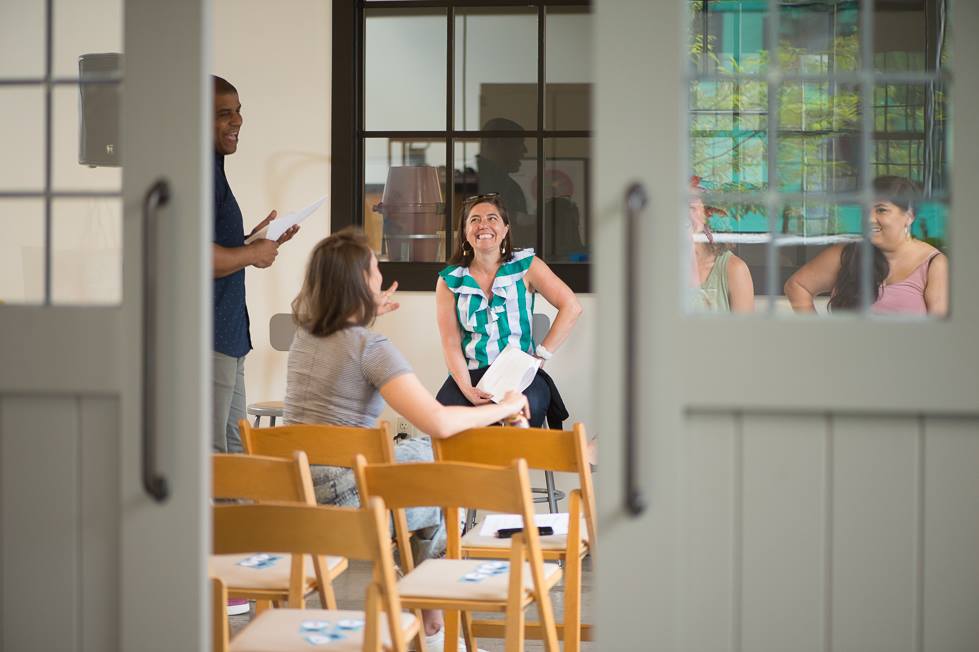
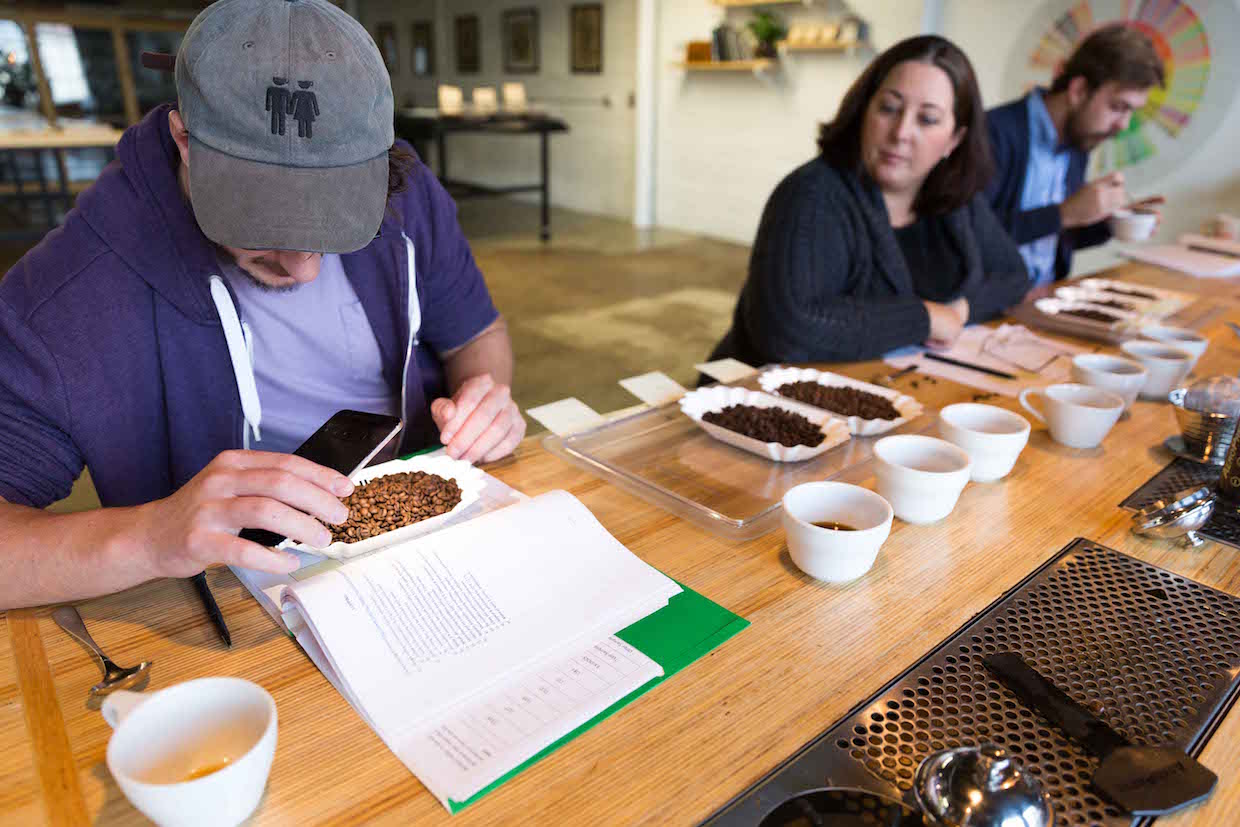
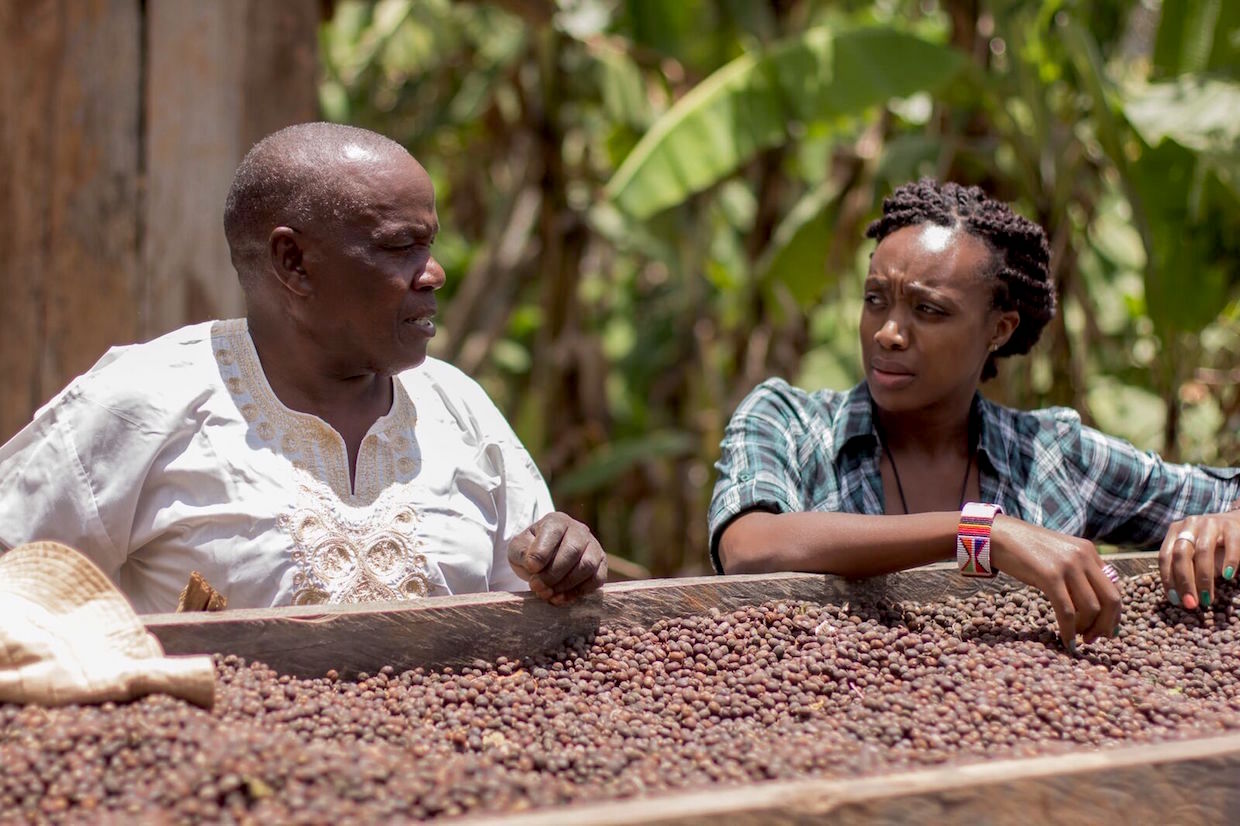
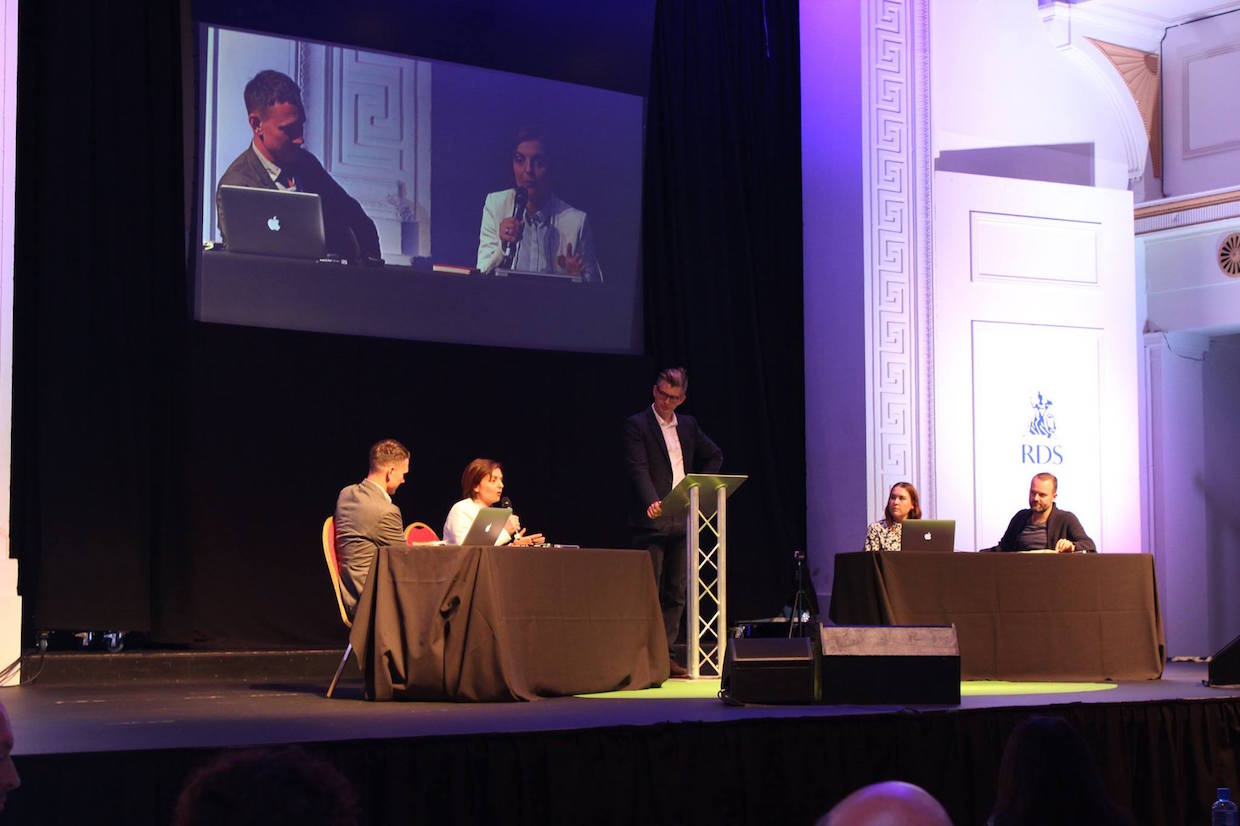
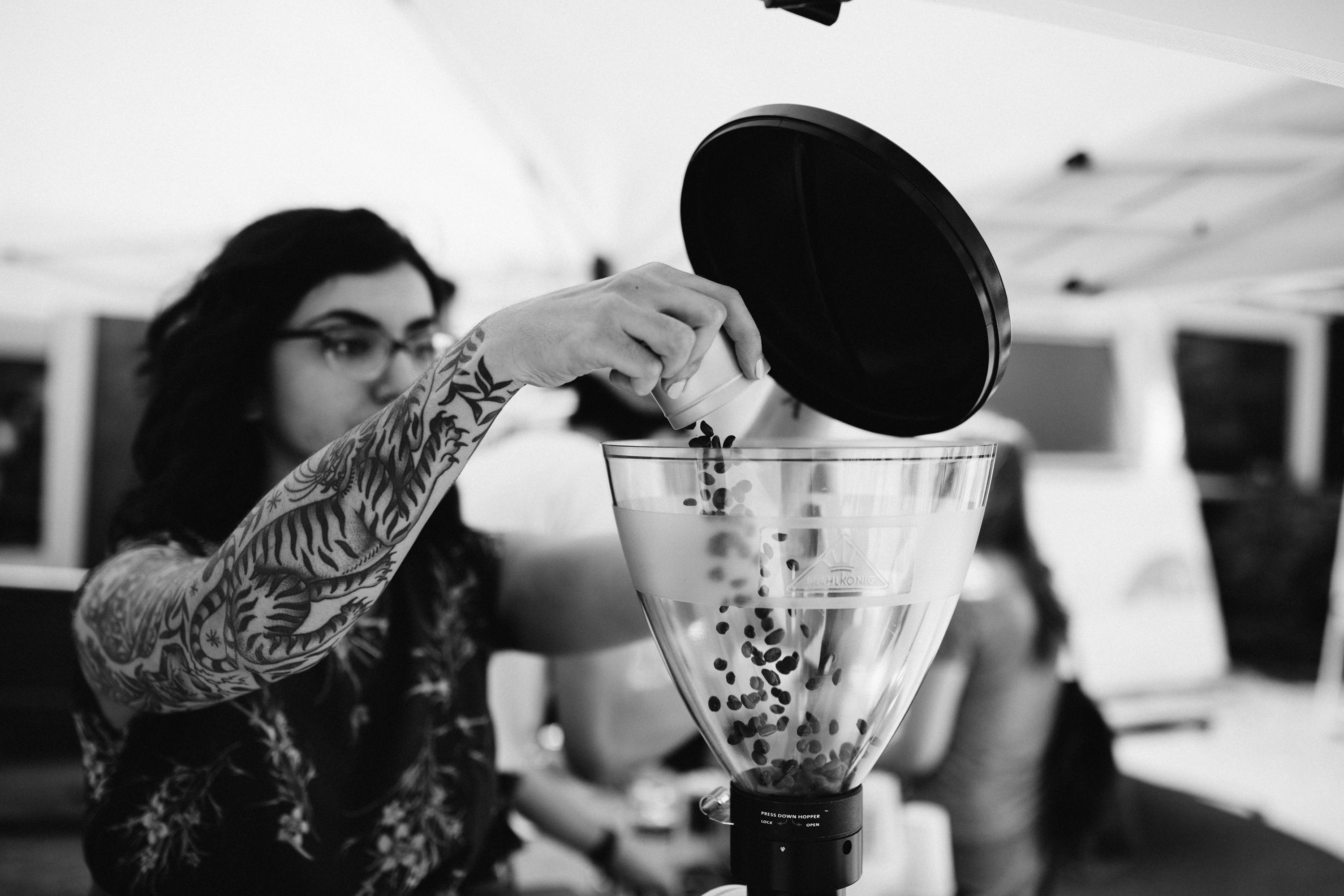



Comment